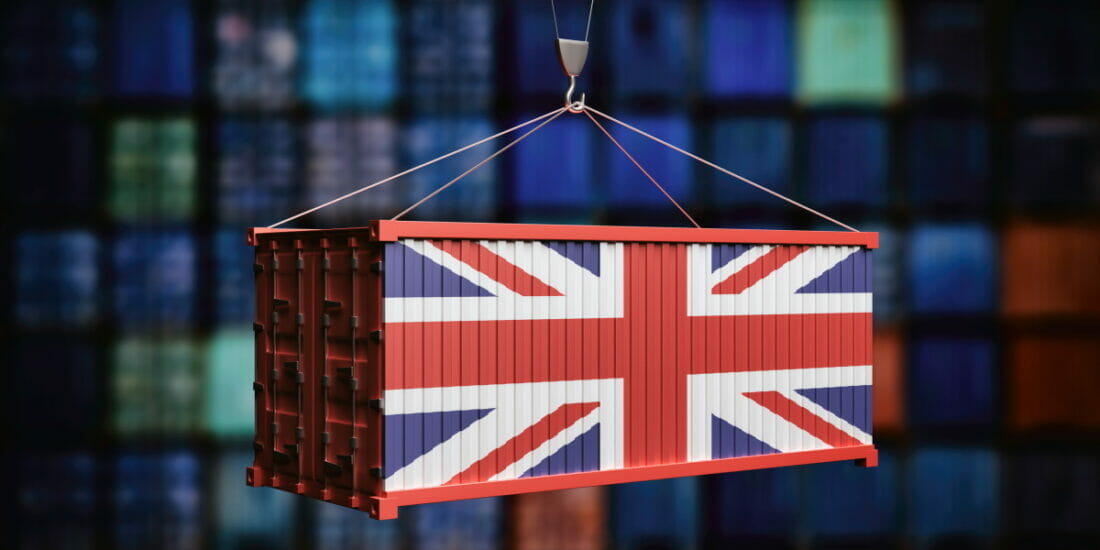Importing/exporting to England: How to ship goods to and from the UK?
Since England’s exit from the European Union, the free circulation of goods to and from the UK has also changed. Today, importing and exporting to the UK can be more complicated than in the past. In fact, as of January 1st 2022, a full border control regime will apply. Let’s look at what has changed since Brexit and all the useful information that you may need when importing/exporting to and from the UK.
Shipping to and from England: What’s new?
The trading economy between Italy and England is one of the most flourishing, but with the event of Brexit, shipping goods to and from the UK requires some extra precautions. While Britain’s former EU membership allowed it to enjoy all the benefits of the unified market, the situation has now changed.
In order to ship physical goods to and from the UK, you must now follow the procedure for shipping outside the EU, which involves:
– Completion of documents for customs procedures.
– The assignment of an identification code to the goods, the sender, and the consignee.
Exporting to England: What has changed with Brexit?
Exporting goods to England requires the submission of full customs declarations, which include:
– Invoice for export: this is the most important document for the customs clearance of goods. It should include the sales invoice number, the name of the sender and consignee, a detailed description of the goods and their Tariff Number (i.e. the customs code).
– Declaration of Free Export: a mandatory document for non-European shipments, certifying that the goods in question are not among those prohibited in the UK.
– EORI Code: a code identifying the economic entity that is to ship goods to the UK.
– Waybill in English: a document certifying that the goods have been dispatched and that sets out the contractual terms with the shipper, as well as the tracking code to monitor the shipment.
– Sender’s identity document and recipient’s contact details.
Importing goods from England: How it works after Brexit
In order to import goods from Britain to EU member countries, you need to:
- Obtain an EORI code.
- Submit an electronic declaration to customs in the state you are importing into. Alternatively, you can hire a customs agent to deal with this.
- File an entry summary declaration (ENS) at the customs office where the goods arrive. The document must contain all the necessary information related to the security of goods and persons.
Shipping to and from England: How much does it cost?
As far as costs are concerned, the EU and the UK have a free trade agreement that does not charge customs duties for importing goods to England in the following cases:
- The goods have European or English origins.
- The materials or workmanship come from a European or UK country.
Otherwise, customs duties must be paid if the total value of the goods is greater than £135.
On the other hand, regarding VAT, for the import of goods and subsequent supply of goods from England to an EU Member State, the applicable rate is that of the destination country.
C.T.I., experts in extra-European shipments
Importing and exporting to and from Great Britain is certainly more complicated than in the past, which is why it is a good idea to rely on expert forwarding agents. For many years now, C.T.I. International Forwarder has specialized in the transport of goods to non-European countries. With care, passion, and, above all, experience, and professionalism, we can offer you a complete and safe service for shipping your goods to the UK.


